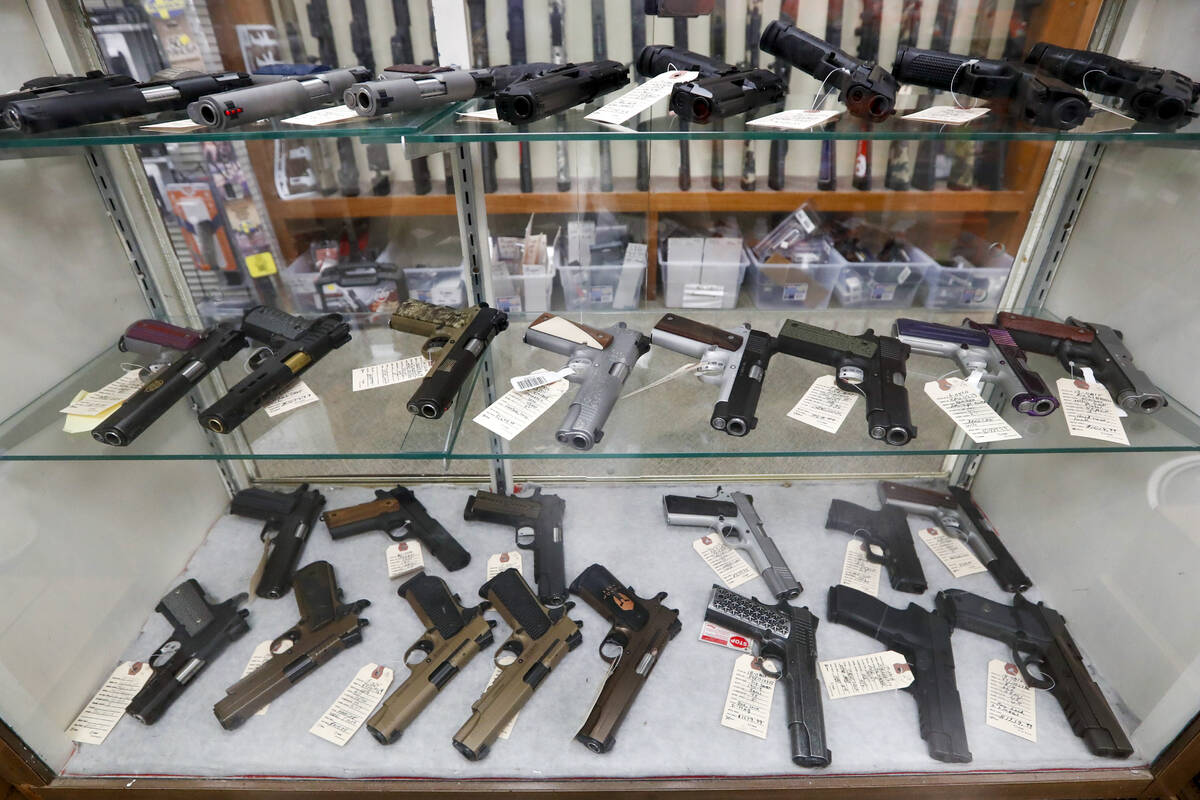EDITORIAL: Senate firearms deal a commonsense compromise
Compromise in Washington, D.C., may be rare, but that doesn’t mean it’s impossible. Even on an issue as contentious as firearms.
Just over a week ago, a bipartisan group of senators reached an agreement on a new gun-control plan. The push for new restrictions comes after the devastating mass shootings at a supermarket in Buffalo, New York, and an elementary school in Uvalde, Texas. At least 10 Republican voters are needed to overcome the filibuster, which means such a measure must have support from both parties. On Tuesday, even Sen. Minority Leader Mitch McConnell said the bill would have his support, pending the final language.
Good. As is currently being reported, the measure contains some common-sense improvements that don’t unduly burden Second Amendment rights.
For one, it allows a background check to review juvenile and mental health records for buyers under 21. That’s not a cure-all, but it may slow troubled 18-year-olds from obtaining weapons. The Uvalde killer legally obtained his firearms after turning 18.
To make this work, school officials and others around troubled youths must be willing to document and punish wrongdoing. Everyone wants children to receive ample chances to succeed, but eliminating all recognizable forms of discipline doesn’t help anyone. Recall that in the Parkland shooting, a troubled teen whose misbehavior was well known by authorities obtained a firearm and did the unthinkable.
The other headline provision is federal funding to encourage states to enact red flag laws. These laws allow those close to someone with a firearm to petition the court to remove that person’s guns. Second Amendment advocates and some civil liberties groups are concerned about the due process implications. That’s an understandable and valid worry. But so is the need — in exceptionally narrow circumstances — to intervene immediately. The details of the red-flag provision have yet to be finalized, but such efforts must recognize the importance of acting only within constitutional frameworks.
It’s also wise that this approach would be carried out at the state or local level. Citizens are more likely to trust and approve of a system enacted by legislators closer to home.
There are a host of smaller provisions, including money for mental health programs and school safety. No surprise to see a D.C. compromise include more spending.
Some hang-ups developed late last week during talks to determine the final language. Let’s hope the two sides don’t stray from common ground. It would be naïve to think this bill will be a cure-all for mass shootings. But its narrowly tailored proposals deserve support.






















